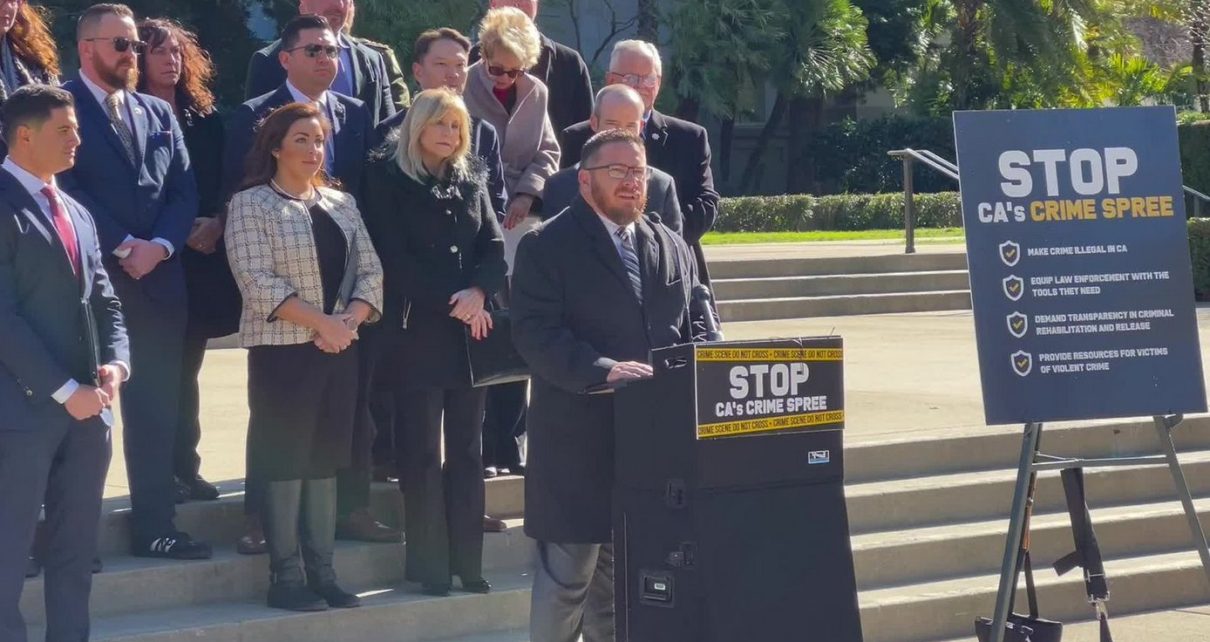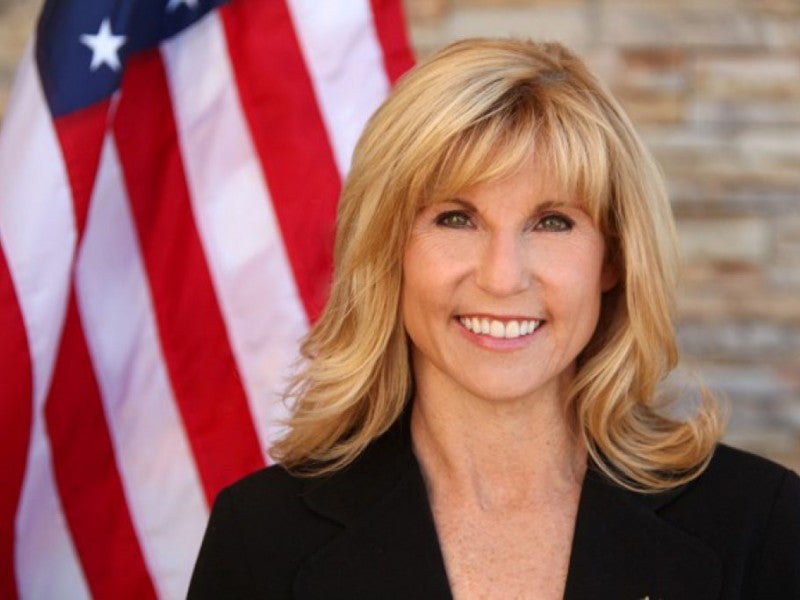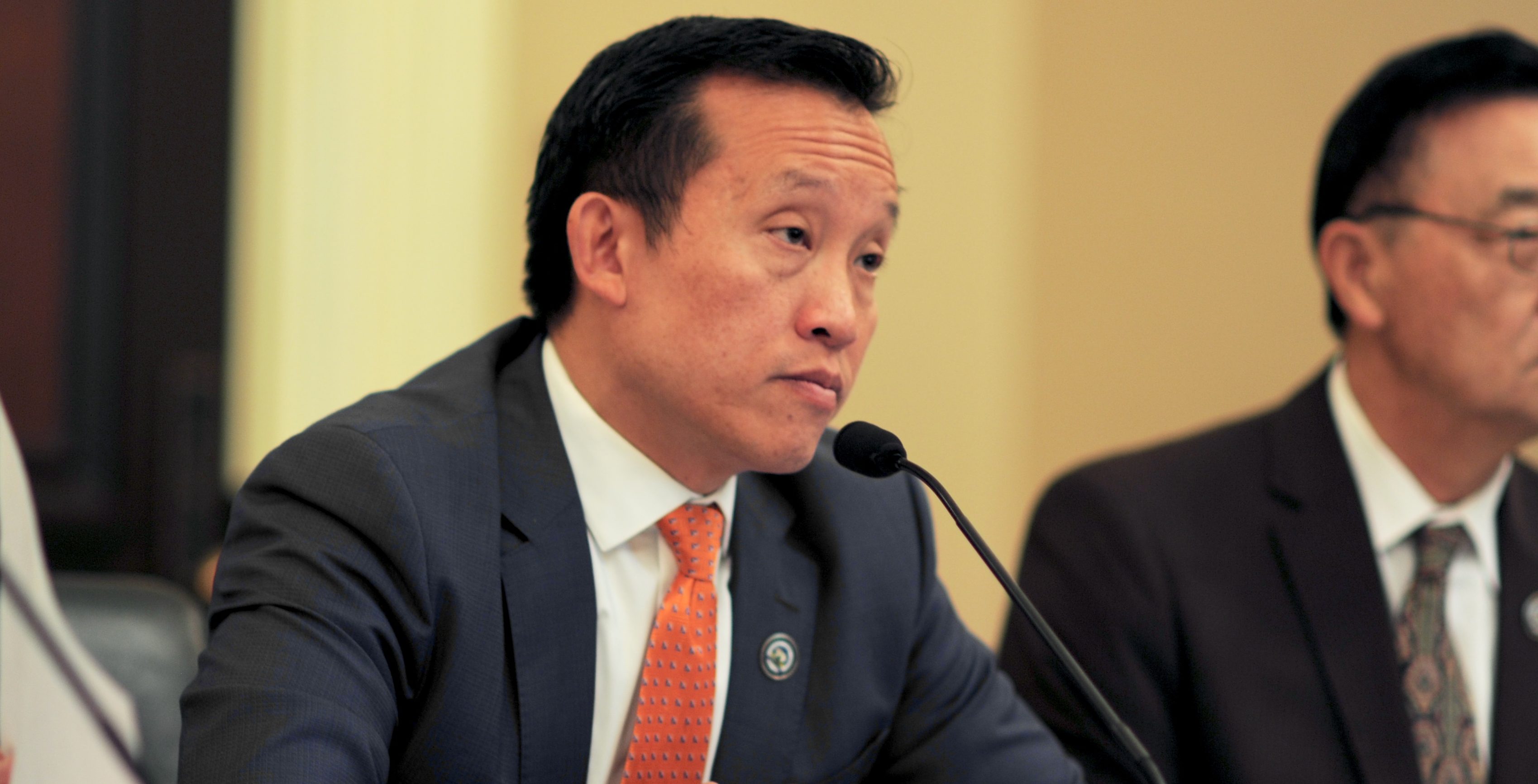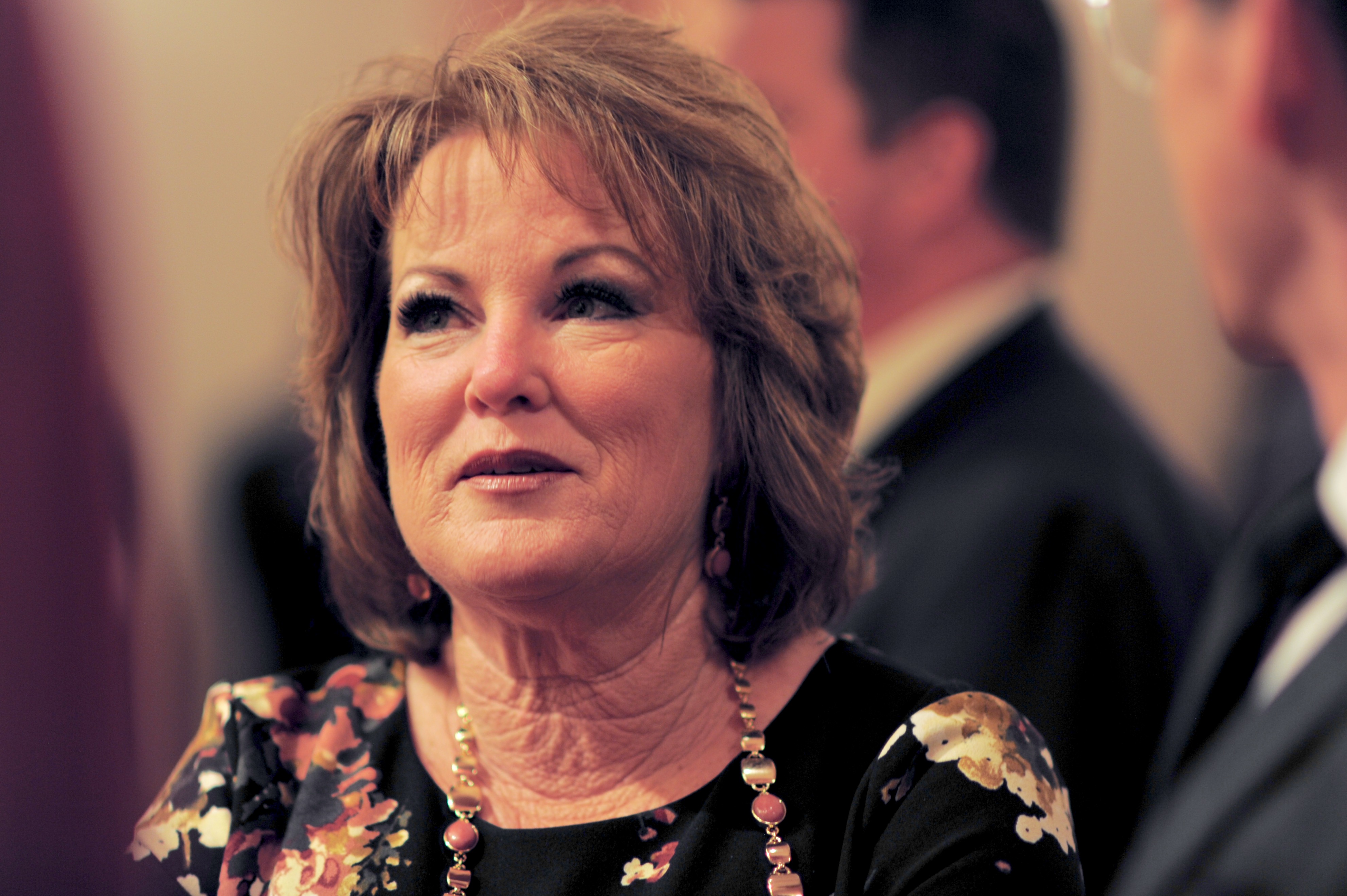
Assemblyman Juan Alanis introduces AB 335 (Photo: https://ad22.asmrc.org/)
Livestock Inspection Fees Increase Bill Signed Into Law By Gov. Newsom
AB 2436 signed into law
By Evan Symon, September 7, 2024 2:55 am
A bill that aims to raise fees set on livestock inspection was signed into law by Governor Gavin Newsom on Friday, boosting the amount that the California Bureau of Livestock Identification is to receive amidst inflation and drastic new changes brought on by state climate goals.
Assembly Bill 2436, authored by Assemblyman Juan Alanis (R-Modesto), raises livestock inspection fees across the board. This is includes inspection fees for cattle being moved out of state from $1.50 a head to $1.60 a head, cattle buyers paying 80 cents a head instead of 70 cents, and carcass inspection going up from $2 per carcass to $2.10 per carcass.
Alanis wrote the bill earlier this year due to rising costs for the California Bureau of Livestock Identification and to help safeguard the state’s cattle producers. Upon writing the bill, AB 2436 received both bipartisan support and support from livestock industry groups. The wide margin of support was largely due to rising operating expenses of the Bureau, partially caused by the transition to electric vehicles mandated by the state for the Bureau.
“Recently, inflationary pressures, the transition to an electric vehicle fleet in furtherance of the state’s climate goals, and other economic pressures have increased the California Bureau of Livestock’s operating expenses,” said Alanis in a statement earlier this year. “AB 2436 allows the Bureau to adjust fees responsibly, ensuring that they can continue to protect our livestock producers without imposing undue financial burden.
“I’m committed to updating our state laws to adapt to the changing business landscape. AB 2436 responds to the financial challenges confronting California’s agricultural industry. With rising operating expenses, it’s imperative to adjust fees to ensure the Bureau can maintain crucial livestock inspection services that benefit our communities.”
The bill itself received little opposition, as inspection rates have also gone up in other cattle producing states, as well as federal inspection rates rising for many livestock and agricultural inspection areas. With the rise being seen as needed, the bill quickly passed both houses this year, with only a handful of lawmakers abstaining from voting because of worries that the higher rate could lead to higher prices. However, the bill proved to be popular, and on Friday, amidst Newsom vetoing the extremely controversial AB 1840, it was signed into law.
For those in the cattle industry, the rate changes were not liked, but widely understood as needed.
“This was one of those necessary evils,” said agriculture and ranching researcher Joy Stephens to the Globe on Friday. “No one likes rate increases on anything, but inspections are needed, and so is Bureau of Livestock Identification. Inflation was the big part, as they said, but the state itself helped quicken the need for an increase through some of the more recent measures, like the electric car thing.
“Generally, most are taking it in stride. Just one of those needed things. It’s going up everywhere, and it’s needed for safety and for the consumer. Everyone was watching that illegal immigrant housing grant bill, and the Governor needed to get some others off where there would be no questions. This was one of them.”
No inspection rate rises are expected in the coming years following the passage of AB 2436.
- Bill to Require Law Enforcement Disclosure if AI Was Used To Help Write Reports - August 7, 2025
- Gov. Newsom Files FOIA Request To ‘Expose True Cost’ Of L.A. Federal Troop Deployment for Anti-ICE Riots - August 6, 2025
- California Redistricting: How Newsom’s Plan Will Demolish Hard Fought GOP Gains - August 6, 2025





SOB NEWSOM – THERE IS NO CLIMATE CRISIS, THEY ARE USING THIS TO MAKE MORE MONEY IN THEIR POCKETS FOR MONEY LAUNDERING AND CREATING TYRANNY AGAINST THE CALIFORNIA CITIZENS. WHEN ARE CALIFORNIAS GOING TO WAKE UP. VOTE OUT ALL DEMOCRATS AND ALL RINOS WHO ARE DESTROYING CALIFORNIA FROM TEACHING CHILDREN DEVIENT LIFESTYLES AND REVISION HISTORY.